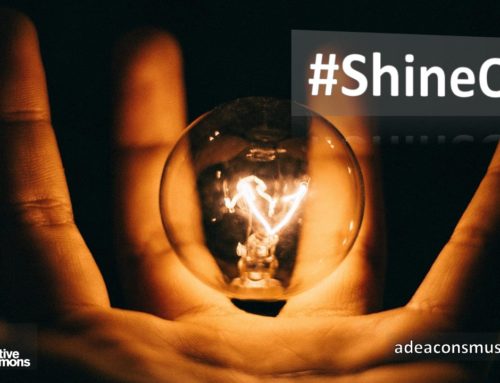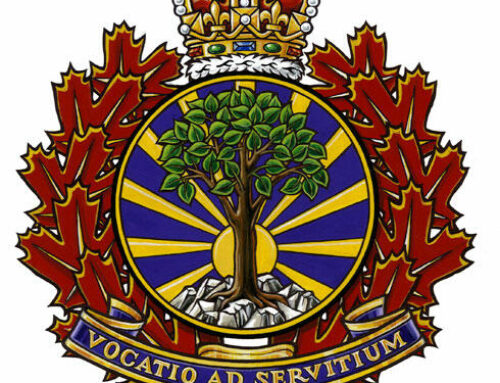What difference does it make to the dead, the orphans and the homeless, whether the mad destruction is wrought under the name of totalitarianism or in the holy name of liberty or democracy?
Mahatma Gandhi (Nonviolence in Peace and War, 1942)
There is no cookie-cutter model to how any faith community organises itself, need alone for those whose journey through the Christian tradition. From paternalism to authoritarian structures, from parochial positions to consensus-based models, Christians have and do organise themselves in different ways. I don't believe there is a 'right way:' what is important is the intention of how faith communities are organised. As Gandhi's words continue to challenge, as long as there is suffering, inequality and oppression, the way we organise ourselves should always be interrogated, not just as a theological matter, but as an ethical one too.
If we are, therefore, going to challenge our assumptions, The United Church of Canada (UCC) has some difficult things to address. Though the UCC has endeavoured to organise itself in a 'conciliar' democratic manner, we are confronting significant structural change. This shifting landscape is being experienced by most of the pillars that have supported the modern democratic process in Canada, and western democracies in general.
As the world shifts and changes, the assumptions that undergird cultural expectations become more evident. As these assumptions become more clear, therefore, the UCC's own experience and actions demonstrate how we have begun to see, identify and name the difference between faith/call and culture. This awareness was first articulated well in the first UCC Apology to Canadian First Nations in the following manner:
We confused Western ways and culture with the depth and breadth and length and height of the gospel of Christ.
The Right Rev. Bob Smith
General Council 1986
The United Church of Canada
One of the primary issues for both the democratic process within the UCC and society at large is that it has and does benefit some and not others. Those who are in and those who are out become clearly apparent. As the system of governing experience changes, the process which requires civility to work – even if only nominally – begins to polarise in an "us vs. them" manner. The moment a Liberal or Conservative loses her name and becomes that one, we should become worried. When that worry recognises the possibility of dehumanising – such as she's evil or she's one of those [insert insult] – our democratic moorings become insecure.
Should there be any doubt that this is occurring internally for the UCC (need alone in the secular democratic dominant culture] one need only listen in on denominational conversations as we wrestle with structural change. Whether east or west divides, differences in the authority of scripture or which level of the conciliar model is better, there is an "us vs. them" that is being fostered in our midst. When we acknowledge that, new opportunities are born, but we must recognise them in order not to repeat what is occurring in the culture at large: argumentation and refutation that carries with it – at the moment at least – implicit violence.
The denomination has inherited a legacy of white privilege. As it has wrestled and lamented with its own complicity in oppression, it has gracefully discovered new ways of being. One of the remaining vestiges of this privilege, is how we organise. Whether that is at gathering of our national body or regional meetings, we perpetuate a system of refutation and argumentation. One in which we try to prove our point, convince or persuade the other: once we are done debate, we vote and the majority rules.
This might have worked at one time – which I admit I am not convinced about – but in the place in which we now find ourselves, it is not a process that fosters the diversity which we celebrate: it simply places me against you/you against me. One need only look at the way parliamentary or democratic legislatures have devolved into what (at times) seems more akin to school ground banter than a place for rationale discourse. Where volume of voice seems to drown out conversation about the social good and where ideology trumps compassion.
I don't know exactly where this might take us – if we take time to reflect and listen on this – but I suspect the idea of community, compassion and humility are helpful touchstones from our faith tradition that might help us navigate. Democracy is a messy thing – it becomes more so when we let in the Other. But letting in people, isn't about them becoming like us, or such is what I see the early church and Jesus' ministry model. Rather, if the circle is to be drawn wide, then we will all be changed. The hope, then, is that in interrogating the ways we have done things, we might let go of that which no longer fosters that to which we are called. Once we figure that out, it may not get any simpler, but it may very well get lighter …








Your reflections are most welcome!